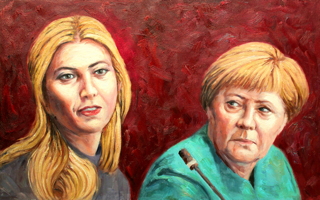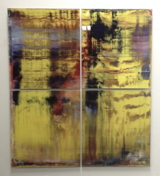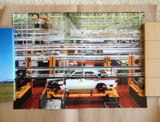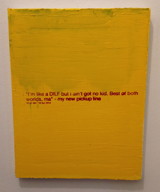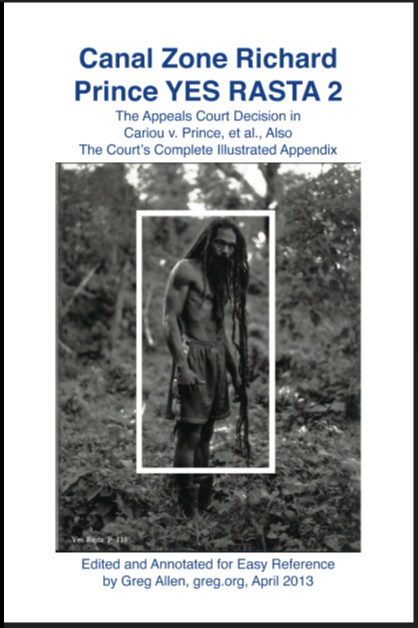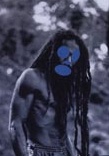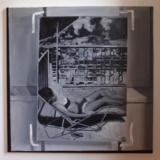Worlds collide, or at least intertwine:On the bus this afternoon going up Bowery, I overheard three early 50's women, daytrippers, talking about the WTC. Apparently, this was their first trip into the city since the 11th. "I just wanted to be a part of it," one confided, perhaps without realizing just what she's said. As immediate danger and fear and tragedy recede in CNN's rearview mirror, people are starting to seem apprehensive that their own experience may not have been sufficiently grave enough, weighty enough, historical enough.
Are we all required to have a sufficient answer to the question, "Where were you when...?" Most of the world was in front of a screen, watching, but ultimately, not yet directly involved. Mediated experience has become the norm; unmediated, personal experience is discounted and dismissed. The documentary film pioneer Albert Maysles once said, "The more you move them, the less they want to be moved, and the more they want to see movement on the screen."
He said that after a screening of Salesman at the Film Forum in New York, (it was 12/1/1997, according to my Palm, where I feverishly graffiti'd my notes) Maysles spoke long and well; it was almost magical. He said how real life is so full of stories, why, just that morning on the bus, he'd witnessed a scene--some characters, people interacting--if only he'd had his camera with him...
This guy [note: scroll down to the second entry], Hugo Perez, was apparently also in the audience and was also inspired by the bus story (so much so that he made a short film called "Albert Maysles Rides the Bus"). Perez includes this quote from Maysles, which goes to the very heart of what I'm working toward with my film:
"Most people never get the chance to have themselves truly represented and thereís nothing that they'd rather do than have people. . . somebody, and in the odd circumstance a filmmaker so much the better, pay attention to who they really are, to give them that recognition. It becomes a sacred duty."
How different from the prevailing mode of representation, the one that these women came into the city to "be a part" of.

